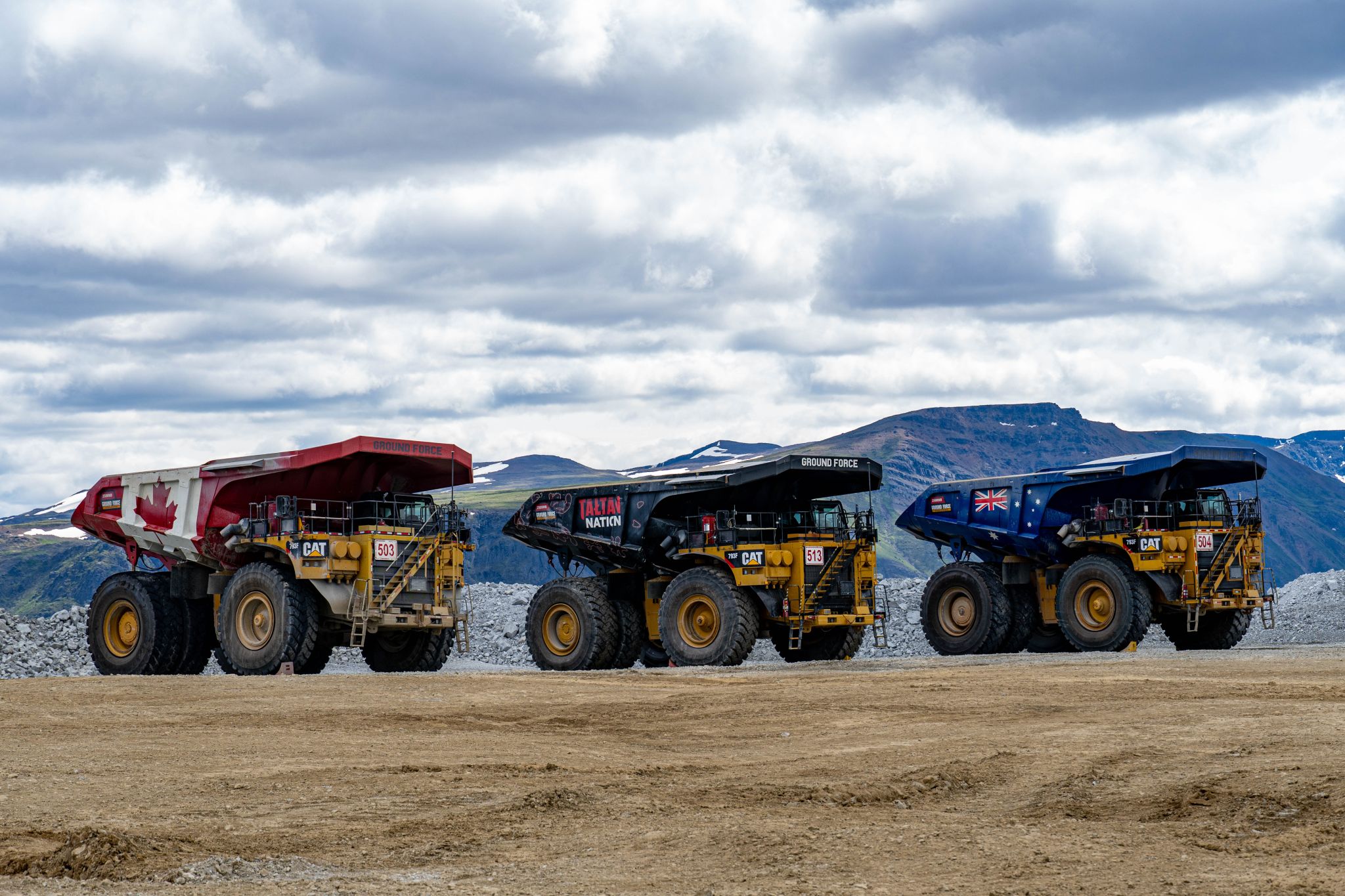Blog post by Tim McEwan, Senior Vice President, Corporate Affairs, MABC
Apart from addressing the endemic challenges with permitting and authorizations processes, which was the subject of my last post, the BC and federal governments must accelerate the implementation of laws adopting the United Nations Declaration on the Rights of Indigenous Peoples (UNDRIP) in order to advance major mine development.
So far, British Columbia is the only province to adopt UNDRIP, offering a unique opportunity to align efforts with those of the federal government.
With the advent of requirements for Indigenous free, prior, and informed consent (FPIC) in major project development, partnerships with Indigenous nations are fundamental.
To accelerate further Indigenous participation in the mining industry, two key matters must be addressed by BC and federal authorities.
First, both governments must provide Indigenous nations with financial support to ensure they have the governance, administrative and technical capacity necessary to participate on an equitable footing in major mine project reviews.
One idea MABC has shared with both governments is to establish a ‘shared services organization’ – on Indigenous terms – to provide technical expertise and to identify best practices as they are proven and applied.
Second, both BC and the federal government must help Indigenous nations with co-ownership and equity arrangements along with other financial instruments to enable Indigenous partnerships in critical mineral developments and related energy and electricity infrastructure.
Simply put, advancing public and private sector critical mineral agendas isn’t possible without full participation of Indigenous people.
For BC and Canada, the stakes are high.
There are six near-term mines in various stages of regulatory review leading to final investment decisions within the next 12-18 months in BC. Over the medium term (3-6 years) there are an additional 10 projects entering regulatory review.
Advancing full Indigenous participation in major mine development is indispensable in efforts to provide critical minerals required for energy transitions and meeting decarbonization targets, as well as to support allied security objectives in a rapidly changing geopolitical context.
This article was published by: admin
Visit the original article here



